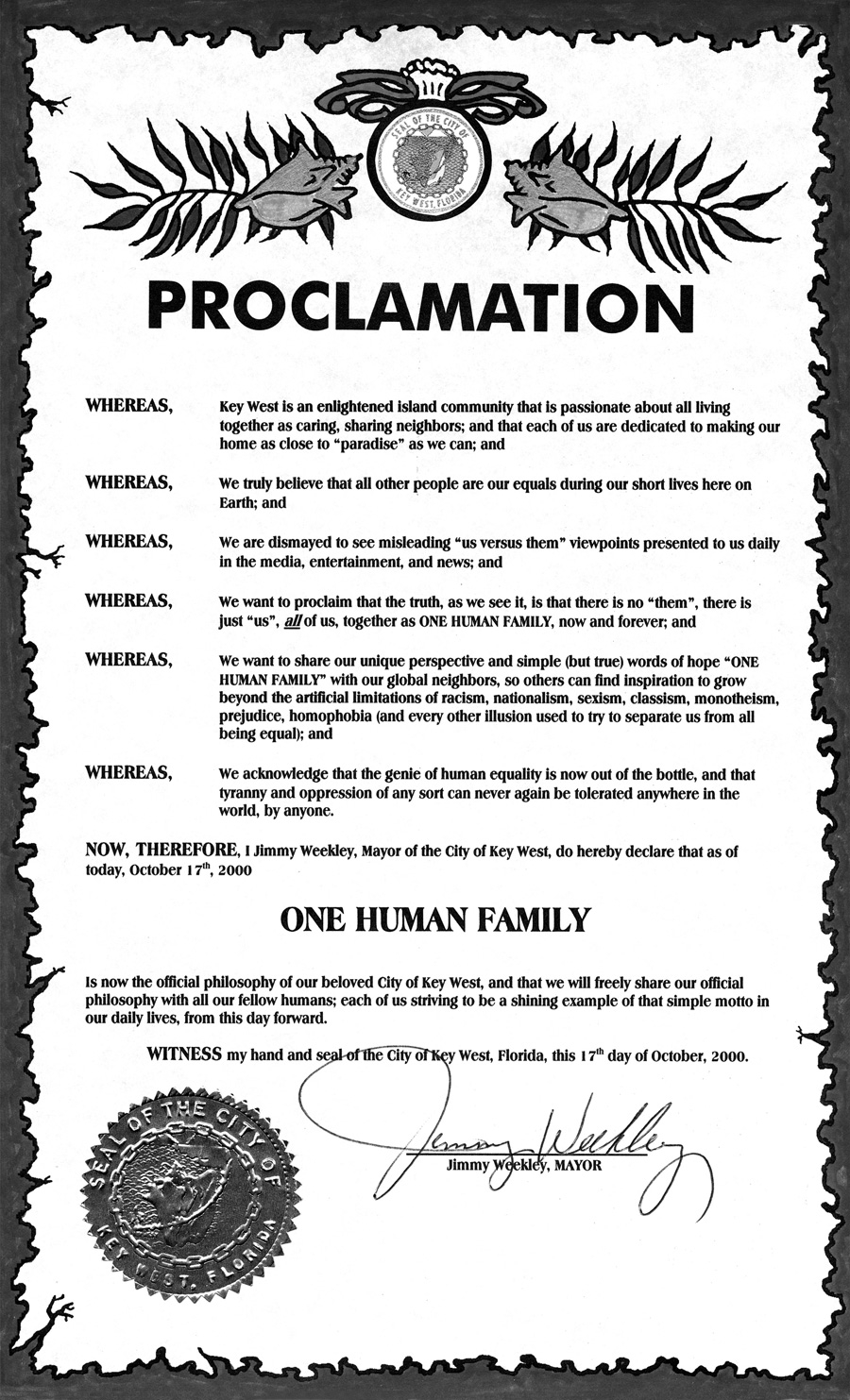Throughout history, music has occupied a pivotal role in human civilization, transcending cultural boundaries and uniting disparate peoples. Yet, have you ever pondered how the universal language of song can serve as a conduit for the profound teachings of the Bahá’í Faith? This exploration invites you to reflect on the harmonious essence of humanity as expressed through music, particularly within the framework of the Bahá’í principle that emphasizes unity: “One Tribe, One Human Family.” This is a tantalizing proposition that challenges us to consider the implications of our shared existence—can music truly foster a deeper understanding and respect among diverse individuals?
The Bahá’í Faith posits that humanity is intricately connected as one family, a doctrine steeped in the belief that all peoples are equal. The potency of song lies not merely in its melodies or rhythms but in its profound ability to convey messages of love, harmony, and interconnectedness. To delve into this, we must first contemplate the significance of music within Bahá’í teachings. Bahá’u’lláh, the Founder of the Faith, extolled the power of music as a means of spiritual elevation. He often spoke of it as an essential component in the cultivation of human virtues.
Within the context of Bahá’í teachings, the potential of song extends beyond mere entertainment; it serves as a vehicle for spiritual development. The act of singing, particularly with an intentional focus on themes of unity, equips individuals to embrace the essence of collective existence. Lyrics that resonate with the notion of “One Human Family” foster a sense of kinship among listeners, stirring emotions that can bridge gaps fostered by misunderstanding and prejudice.
Moreover, the Bahá’í community is rich with musical traditions that honor diversity while promoting unity. Various genres and styles are embraced, reflecting the myriad cultures that constitute the global Bahá’í family. This eclecticism in music encourages engagement with a wide spectrum of ideological perspectives, challenging listeners to appreciate the unique cultural narratives encapsulated within song. One might wonder: how can we use this musical diversity to fortify our understanding of interconnectedness in an increasingly fragmented world?
As we further explore the implications of song as a medium for unity, one must consider the role of lyrics themselves. The messages encapsulated in musical verses can either reinforce societal divisions or promote love and acceptance. The Bahá’í principle of unity suggests a proactive approach to utilizing song as a catalyst for change. By focusing on lyrics that celebrate shared human experiences, we can encourage the transcendence of cultural barriers. In what ways can we curate or compose songs that reflect the core tenets of oneness and diversity?
Inherent in the teachings of the Bahá’í Faith is a recognition that promoting unity is not without its challenges. As individuals navigate their diverse backgrounds, differing worldviews can lead to discord. Nevertheless, music provides a mysteriously effective balm for such discord, inviting individuals to experience collective joy, sorrow, and hope through shared melodies. The very act of coming together to sing creates a unique space where individuals can momentarily set aside their differences. Thus, we must ask ourselves: how can we leverage the power of musical expression to teach empathy and understanding in our communities?
Engaging with music also aligns with the Bahá’í imperative of service to humanity. Community gatherings often feature music as a central element, whether through spontaneous song or organized performances, contributing to a vibrant atmosphere of togetherness. Songs that invoke the spirit of service encourage participants to reflect on their responsibilities as members of the human family. In what ways can we inspire others to see service through the lens of musical collaboration, harnessing collective creativity for the greater good?
Moreover, consider the omnipresence of music in various social movements, where songs have played a crucial role in articulating aspirations for freedom and justice. The Bahá’í body of work addresses global issues such as gender equality, racial harmony, and economic justice through a musical lens. The historical context of protest songs illustrates how music can mobilize communities and foster resilience against oppression. Thus, it becomes imperative to examine the relationship between song and social action: how can we create a soundtrack for justice that aligns with the Bahá’í commitment to universal peace?
In synthesizing the various threads of this discourse, we can conclude that the power of song is indeed a wondrous tool within the landscape of Bahá’í teachings. By embracing the philosophy of “One Tribe, One Human Family,” we can utilize music to build bridges, facilitate dialogue, and inspire collective action. Each time an individual sings a song rooted in unity, they participate in a timeless dance of connection, solidifying their role in a global tapestry. As this article poses an essential challenge to its readers: how will you harness the transformative power of song to promote a spirit of oneness in your life and community?
